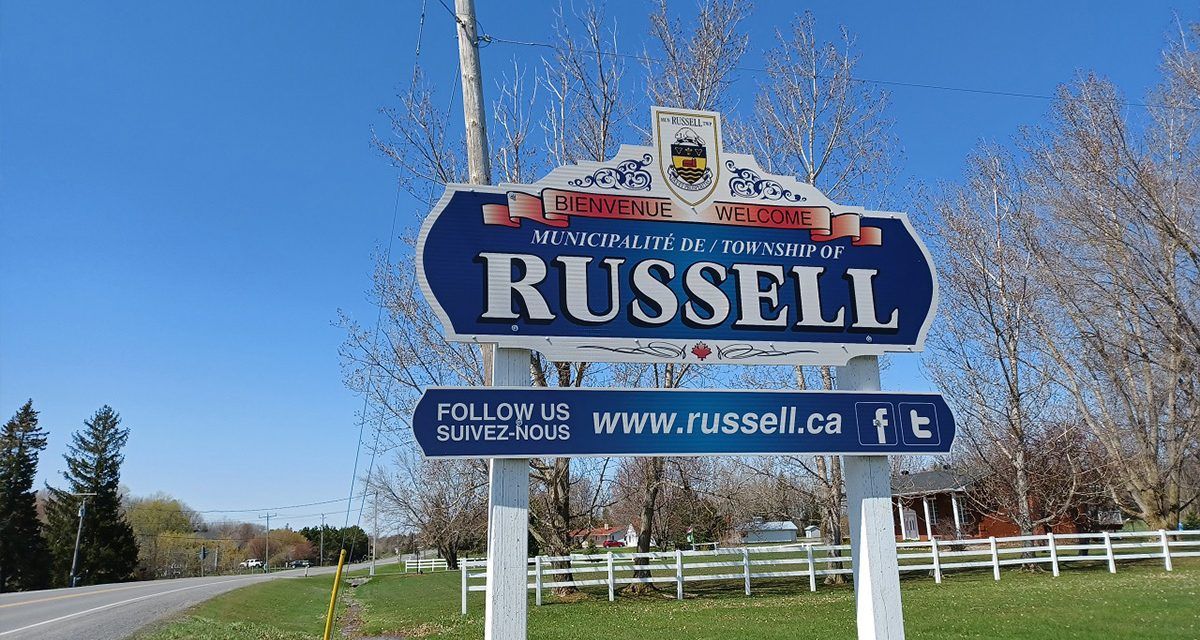Russell Township Councillor Mike Tarnowski initiated a discussion about whether a question period should continue to be a regular feature of municipal council meetings. The topic was raised at council’s February 12, 2024 meeting.
Tarnowski said that in his opinion, question period did little to support open government.
In his experience, he said that instead of questions, the public usually took the opportunity to make statements, often aimed at undermining staff.
Tarnowski was quick to point out that he is not against transparency in government, but added that council agendas were available five days ahead of the meeting date. Citizens could ask questions and bring different perspectives to council ahead of the actual meeting, he said, adding that residents have access to councillors by email, too. And there continues to be the opportunity for concerned citizens to present themselves at council as a delegation, he added.
Even if question period was abolished, council could suspend the rules and have a question period if it felt it was needed.
“I reiterate, my goal is not about reducing transparency, but about improving the quality of meetings,” he said, asking to hear from other councillors.
Councillor Lisa Deacon said that from what she has learned from peers, question period is somewhat unique and rare at municipal council meetings.
“But I always ask ‘What am I leaving behind and what am I moving toward,’ Deacon said.
She mentioned finding out how many inquiries do come to the municipality and in particular, the administration. “Are we meeting or exceeding standards?” she asked, referring to response time.
Deacon also mentioned that the township has no public engagement policy, referring to the township’s strategic plan.
Councillor Marc Lalonde agreed with Deacon. If council could get some information back from the staff, it would be useful. Lalonde has noticed that during the past year and a half, some of the questions asked at meetings had already been asked of staff.
“By the same token, some of the comments made at meetings were disappointing and troubling,” Lalonde said, adding that some comments were disparaging and questioned the integrity of council.
Some people were using the question period as a soap box, Lalonde said, rather than using the opportunity to ask a question. Maybe a town hall event from time to time would be better and would allow people to ask questions in a more general sense, rather than the nuts and bolts, Lalonde said.
Councillor Jamie Laurin said that for the past 17 years, he has been a proponent of question period and has been against any removal of this item from the agenda. But he acknowledged that many of the questions were operational and not necessarily questions for council. Laurin said he would like to see a review of the questions.
“Councillors available 24-7–by phone, text or email. When is the last time you emailed or called your councillor? If you have a question, call them. You can ask them to meet at a local establishment. Do people need to strictly come here and ask administrative questions,” Laurin asked. “I’ll be interested to see if my position will change with this information,” Laurin commented.
Deacon mentioned the possibility of having a council correspondence item in the agenda which would reflect questions which have been submitted to the clerk.
Mayor Pierre Leroux said he was not sure of the reaction from people seeing their names published.
But returning to Councillor Laurin’s comments, Leroux said, “I think it is more beneficial to have a conversation with someone about something. I always get questions,” Leroux said. Of the 444 Ontario municipalities, the vast majority of them do not have a question period, he said.
Delegations can be valuable to council and can bring value to the table, Leroux said, referring to times when council allowed extra input from citizens for the heritage district, Maison Interlude and the 417 Industrial Park discussions as one example.
Deacon reiterated that council is looking for clarity on public engagement, in particular, a policy. What direction are we going in strategically, she asked. What does come into the clerk’s office and what are the response times, she said.
The mayor replied that in terms of questions and response times, he was not sure if staff could have that in time for the next meeting. Russell Township CAO Richard Godin said that it might be narrative rather than actual stats, but that he would put some general information together in time for the February 26 meeting.
The mayor emphasized that there were limited staff resources and that council had to be careful. If one person sends 15 emails, that can be overwhelming. Godin replied that it might happen in some cases but that there were also a lot of very good questions coming in. “We will focus on those and not the others,” Godin said.
Question period will be discussed at the February 26, 2024 council meeting. If staff have not had time to prepare any report or summary related to the type and number of questions asked of staff, the subject may be deferred to a subsequent council meeting.


